This online resource investigates the periodic table.
The resource has information relating to the chemical elements and their relationships with the periodic table.
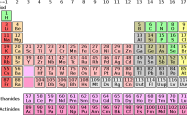
This online resource investigates the periodic table.
The resource has information relating to the chemical elements and their relationships with the periodic table.
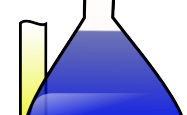
This online resource details the chemistry involved in the extraction of metal from ore.

This online resource explores the principles of chromatography.

This teaching unit explores making mixtures and separating components.
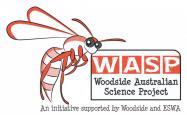
This online resource supports Year 8 Earth and chemical sciences.
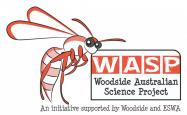
This online resource looks at renewable and non-renewable resources.
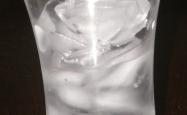
This online resource helps identify common misconceptions about the states of matter.
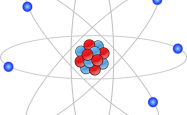
This video examines the relative sizes of atoms, neutrons, protons and electrons.
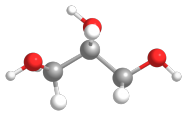
This video looks at non-Newtonian fluids.
This TED Ed video (4:28) would be useful in extending a student's understanding of the particle model of solids, liquids and gases.

This video looks at non-reversible changes to matter.
The resource is a TED Ed video (4:29) that examines the many reactions that occur in the simple act of making cookies.